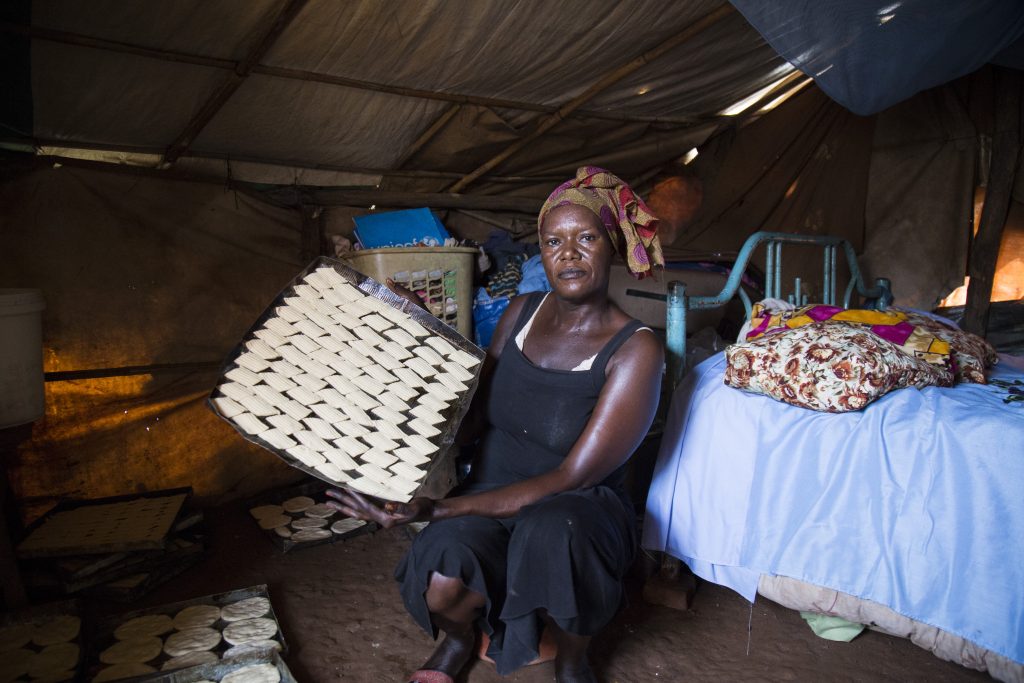
Women’s and Girls’ Safety and Skills Training
Prevention & Response for Violence Against Women and Girls (VAWG)
Across the world, women and girls have limited political, social and economic power compared with men, and their voices and needs are too often ignored. This can be particularly true during emergencies and displacement, when limited resources, security risks and poor planning all contribute to further sidelining women and girls.
International Medical Corps is committed to women’s and girls’ safety. Through the services we provide related to violence against women and girls (VAWG), we work to increase social, educational and recreational opportunities for women and girls affected by emergencies and displacement.
Our Response
Women’s and Girls’ Safe Spaces
One of our key programming approaches is to organise women’s and girls’ safe spaces (WGSS). We work with partners to set global standards for WGSS, and provide guidance and tools for VAWG programmes to establish, implement and monitor WGSS within an accountable, women- and girl-led process.
WGSS enable women and girls to gather, share their concerns and rebuild support networks while participating in a range of activities, such as dancing, sports, literacy classes, arts and life-skills training. Through WGSS, women and girls can organise, elevate their voices and participate more fully in community affairs. WGSS also can serve as hubs for women and girls to access information on important issues, including protection risks, reproductive health services and nursing support for new mothers. Most critically, WGSS enable survivors of VAWG to safely and discreetly seek help.
International Medical Corps has established safe spaces for women and girls in nearly 20 countries affected by emergencies.
In 2024, International Medical Corps provided more than 3,300 adolescent girls in Nigeria with life-skills training.
In a single year of programming, International Medical Corps reached more than 116,000 women and girls in Ethiopia through skills-training activities.